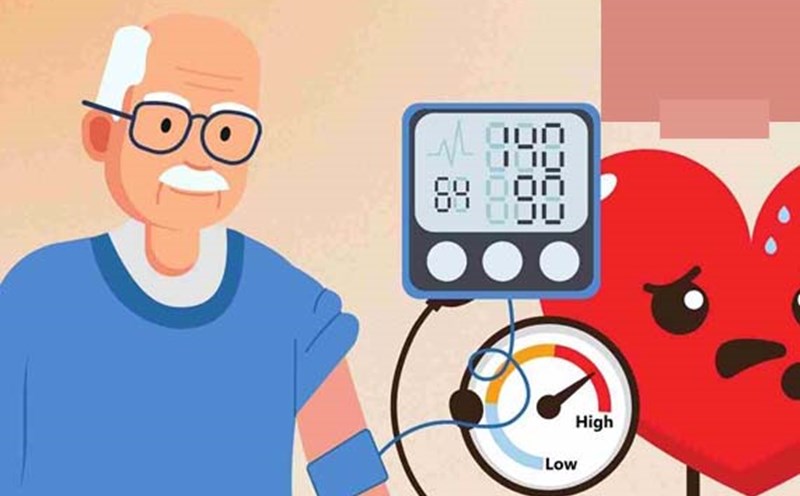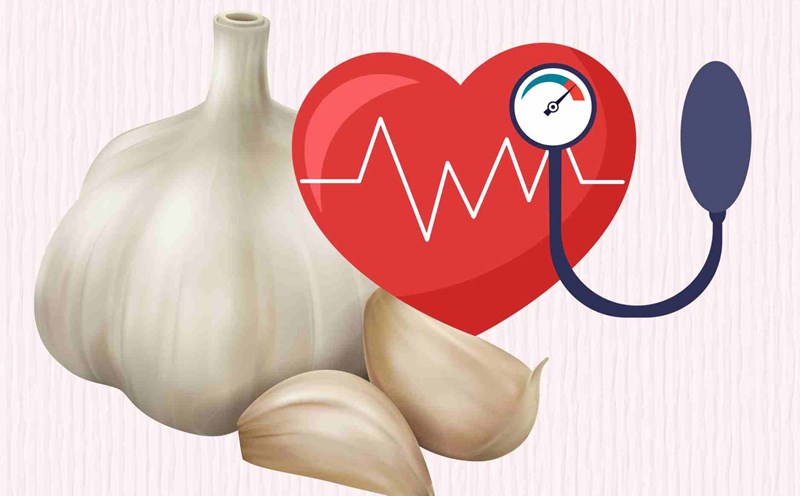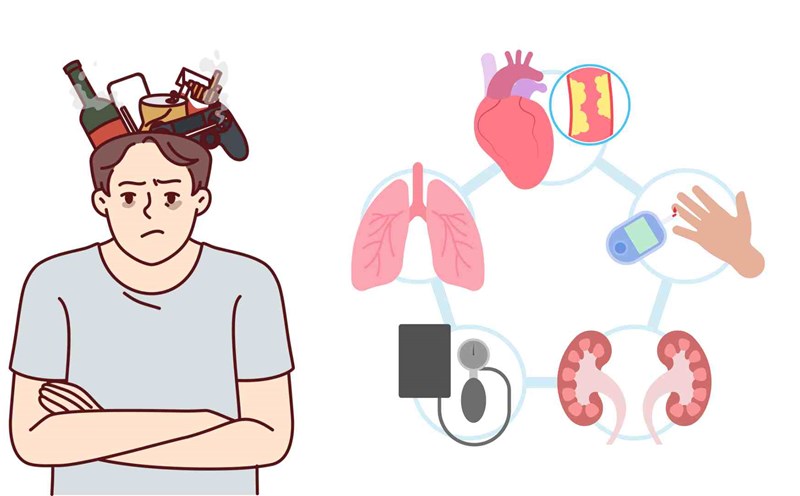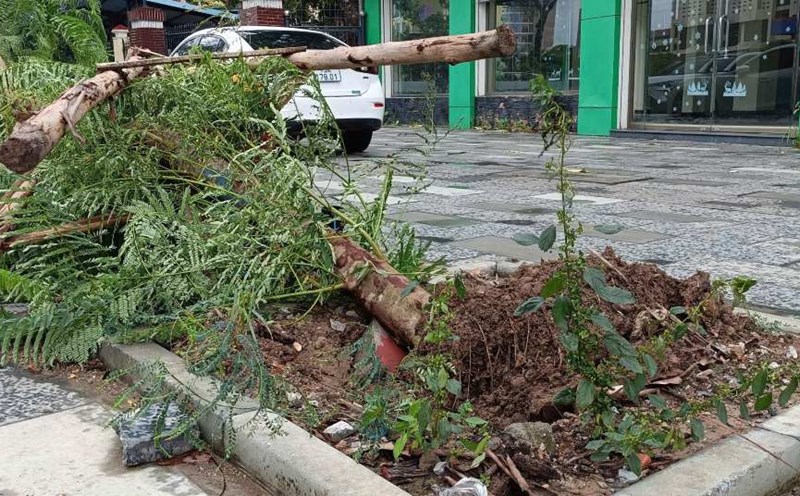For decades, public health campaigns around the world have continuously recommended people cutting back on salt as a top measure to prevent and control high blood pressure.However, more and more studies show that focusing on salt reduction alone may not be enough, even incorrect if not comprehensively considering diet, lifestyle and other personal factors.
According to the World Health Organization (WHO), consuming too much sodium, mainly from salt, is associated with more than 1.8 million deaths each year from cardiovascular diseases.The current recommended salt consumption is below 5g/day.However, simply reducing salt does not mean effective blood pressure control in all cases.
Dr. Andrew Mente, an epidemiologist at McMaster University ( Canada), in a study published in The Lancet (2021), pointed out that: Salt reduction can be beneficial for people with very high blood pressure or cardiovascular disease, but for healthy people or only a slight increase in blood pressure, cutting too much salt may not be necessary, even causing electrolyte imbalance and negatively affecting the heart.
In addition to salt, a diet rich in processed foods rich in refined sugar and saturated fat also plays an important role in increasing blood pressure.Dr. Lawrence Appel, an hypertension expert at Johns Hopkins University (USA), said: Salt is only part of the big picture.We need to look at the overall diet.A diet rich in potassium, fiber and less sugar will help balance blood pressure more effectively".This explains why diets like the DASH (Dietary Approaches to Stop hypertension) are widely recommended.
DASH not only reduces salt but also increases green vegetables, fruits, whole grains, foods rich in potassium and magnesium - factors that help regulate blood pressure naturally.According to the American Heart, Lung and Blood Institute, the DASH regimen can reduce 5-11 mmHg of cardiopulmonary blood pressure, even without medication.Lifestyle also plays an essential role.
Weight gain, laziness, prolonged stress and lack of sleep are all risk factors contributing to high blood pressure.Research from Harvard University (2022) shows that maintaining the habit of walking briskly for 30 minutes a day, getting enough sleep and meditating can help lower blood pressure equivalent to some mild blood pressure drugs.
Cutting back on salt is still a good recommendation, especially for those taking Hop Hopeful pills or underlying medical conditions.
However, it is important not to consider salt as the only leader.A comprehensive approach that includes adjusting diet, physical activity, and mental health is the real key to sustainable and safe blood pressure control.
Cutting salt alone is not enough to regulate blood pressure
NGUYỄN LY (THEO HEALTH) |
It is necessary to combine a comprehensive diet and lifestyle changes to effectively and sustainably regulate blood pressure.











